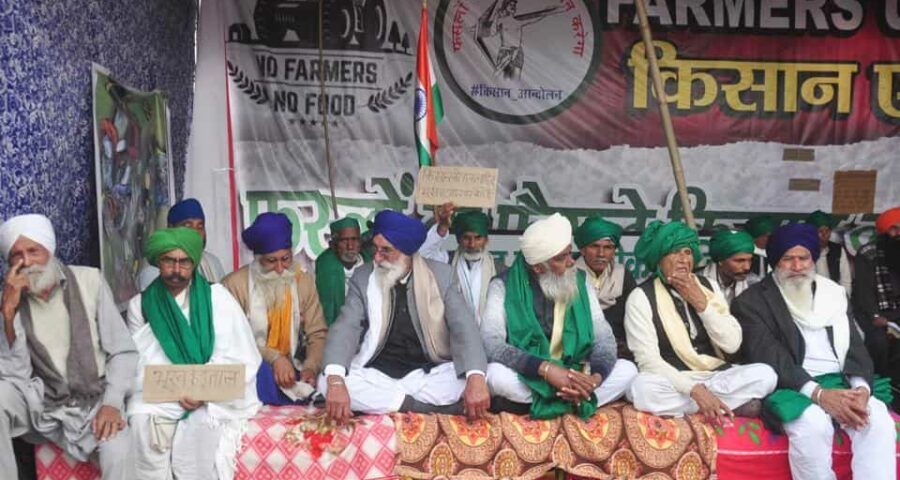The Supreme Court on Wednesday heard a petition challenging the three farm laws passed by Parliament, which have triggered protests near Delhi and in other parts of the country.
The petition has been filed by a lawyer.
The bench headed by Chief Justice S A Bobde said that it understands the situation of the farmers who are protesting at Delhi border braving harsh weather conditions. The Centre told the court that “healthy discussions” are going on with farmers after which the court adjourned the matter for further hearing on January 11.
Attorney General K K Venugopal said there is good chance that parties may come to a conclusion in the near future and filing of response by the Centre on the pleas challenging the new farm laws might foreclose the negotiations between the farmers and government.
“We encourage consultation. We can adjourn the matters on Monday (January 11) if you submit the same due to the ongoing consultation process,” the bench said.
The farmers have been protesting at Singhu, Tikri and Ghaziabad border points near the national capital demanding the repeal of the laws passed in September last year. Several rounds of talks have taken place between the government and the farmers but no resolution has been found.
In the last round on January 4, the talks were inconclusive as the farmers remained adamant with their demand that the laws be scrapped. The government has ruled this out, and has asked the farmer leaders to suggest changes to the laws which it said can be discussed.
The three laws against which farmers have been protesting are: The Farmers’ Produce Trade and Commerce (Promotion and Facilitation) Act, 2020, the Farmers (Empowerment and Protection) Agreement on Price Assurance and Farm Services Act, 2020 and the Essential Commodities (Amendment) Act 2020.
The farmers claim these laws will benefit big corporate houses. The government has, however, tried to allay these fears and even said that it is ready to discuss changes to the law.
Source: Read Full Article

